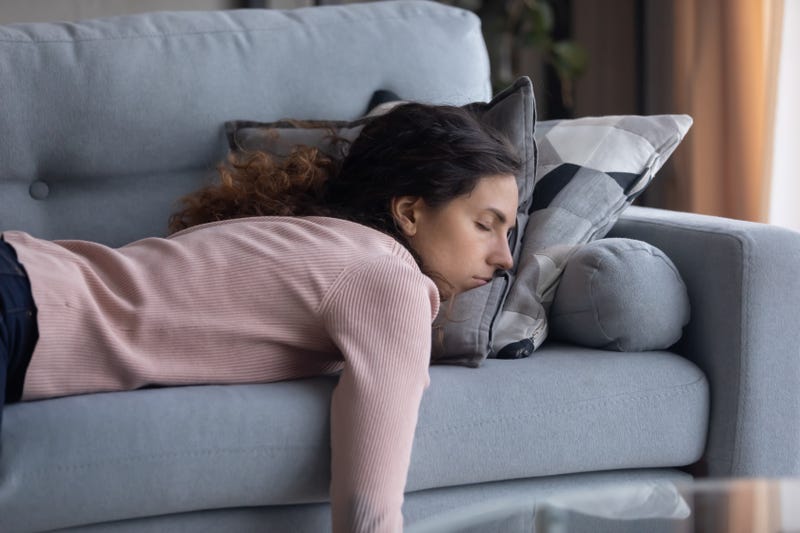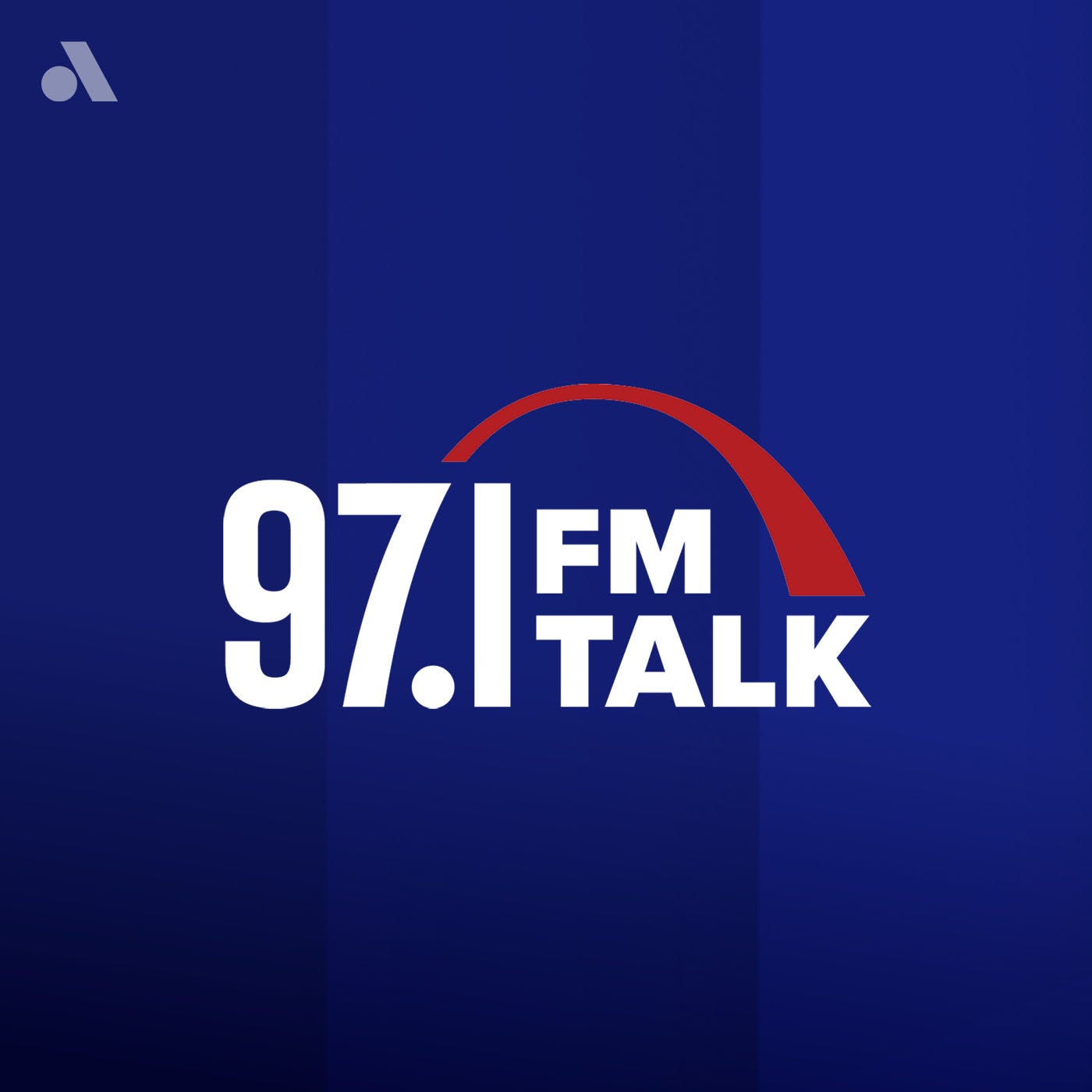
Between fears about COVID and recession, the daily grind and hyperactive schedules, sometimes all you want to do is take a nap. But hold that thought.
Napping was just linked to a greater risk of high blood pressure and even stroke, according to a new study published in Hypertension, an American Heart Association journal.
The study by researchers in China looked at information from UK Biobank, a large biomedical database and research resource that studied 500,000 people between the ages of 40 and 69 who lived in the United Kingdom between 2006 and 2010, according to a news release.
Participants had been surveyed four times from 2006 to 2019 about their napping habits, and regularly submitted blood, urine and saliva samples during the study.
E Wang, Ph.D., M.D., a professor and chair of the Department of Anesthesiology at Xiangya Hospital Central South University, and the study’s corresponding author, then looked at 360,000 of the participants, excluding those who already had high blood pressure or suffered a stroke prior to the study.
"Participants were divided into groups based on self-reported napping frequency: 'never/rarely,' 'sometimes,' or 'usually,'" according to the news release.

The study found that, "when compared to people who reported never taking a nap, people who usually nap had a 12% higher likelihood of developing high blood pressure and 24% higher likelihood of having a stroke."
The study went on to mention that a lot of the results had to do with age. Participants who were 60 or younger and "usually" napped were 20% more at risk to develop high blood pressure compared to people their age who "never" napped.
Those who were older than 60 and "usually" napped had just a 10% higher risk of high blood pressure compared to their peers who "never" napped.
"These results are especially interesting since millions of people might enjoy a regular, or even daily nap," Wang said.
Additionally, most of the people who said that were "usual-nappers were men, had lower education and income levels, and reported cigarette smoking, daily drinking, insomnia, snoring and being an evening person compared to never- or sometimes-nappers," according to the news release.

Michael A. Grandner, Ph.D., MTR, director of the Sleep Health Research Program and the Behavioral Sleep Medicine Clinic, suggested that the act of napping itself may not be harmful to your health, but napping to make up for poor sleep at night could be the culprit. That's important because a recent Gallup poll found that 40% of Americans get less sleep than recommended, and a full hour less a night than they did in 1942. Only 59% get the recommended 7 hours or more a night.
But banking on a nap to make up for it could be problematic. "This may be because, although taking a nap itself is not harmful, many people who take naps may do so because of poor sleep at night. Poor sleep at night is associated with poorer health, and naps are not enough to make up for that," Grandner said.
"This study echoes other findings that generally show that taking more naps seems to reflect increased risk for problems with heart health and other issues."
The length of a nap and how it affects the risk of high blood pressure and stroke was not included in the study.


